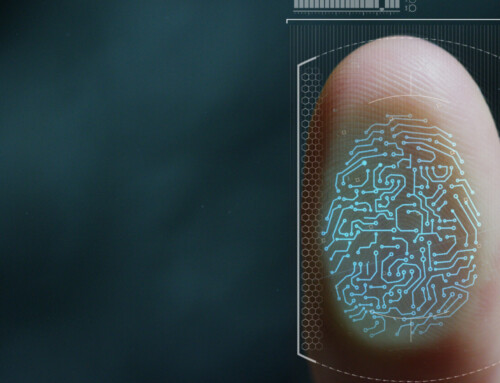The ongoing conflict between Russia and Ukraine has been marked by a series of cyberattacks that have targeted both sides of the border. From disrupting government websites and radio stations to sabotaging food supply chains and critical infrastructure, hackers have been playing a significant role in the war, both as allies and enemies of the official forces.
Russia has a long history of using cyberattacks as a tool of warfare, dating back to its conflicts with Georgia in 2008 and Estonia in 2007. According to the UK and US governments, Russia-backed hackers are behind a powerful new malware called Ghostwriter, which can erase data from infected computers and display fake messages blaming Ukraine for the attack. Russia has also been accused of launching a massive DDoS attack that briefly disrupted a Ukrainian government press briefing on the subject of Russian hacking threats.
On the other hand, Ukraine has been relying on a network of volunteer hackers, known as hacktivists, to fight back against Russian aggression. One of the most prominent groups is the IT Army of Ukraine, which is a community of IT specialists from all over the world who joined forces after the start of the full-scale invasion of Ukraine by Russia on February 24, 2022. The group has a Telegram channel with nearly 200,000 members, where they coordinate their attacks and share information. The group claims to be able to target more than 800 Russian and Belarusian websites simultaneously, using automated systems that they developed or adapted. The group’s mission is to exhaust the economy of the aggressor countries, hinder the operation of important financial, infrastructure, state services, and large taxpayers, block the enemy’s media propaganda, and bring the truth about the war to their audience. The group also conducts offensive cyberwarfare operations, and Chief of Head of State Special Communications Service of Ukraine Victor Zhora said its enlisted hackers would only attack military targets.
Some of the attacks that the IT Army of Ukraine has claimed responsibility for include hacking the website of the Moscow Stock Exchange, hacking the website of Sberbank, the largest bank in Russia, **hacking Russia’s product authentication system Chestny Znak**, and hijacking Russian radio stations to broadcast fake air raid sirens and alert messages. According to Reuters, the group also targets Russian power grids and railways to prevent Russian infrastructure from reaching Ukraine. This included technologies such as GLONASS.
Chestny Znak, which translates to “Honest Label” in English, is a comprehensive product labeling and tracking system introduced in Russia to combat the rampant issue of counterfeit goods and ensure the safety and authenticity of products. The system requires all goods produced in Russia – including fresh food – to be scanned for a unique number and a barcode supplied by a company called CRPT (Center for Research in Perspective Technologies) from the moment of their creation at a factory to the moment of being sold. The system also allows consumers to verify the origin and quality of products by scanning them with their smartphones. The IT Army of Ukraine hacked Chestny Znak in April 2022, using a DDoS attack that caused economic losses and disrupted food supply chains.
But what is the motivation behind these cyberattacks? And what are the consequences for the future of cyber warfare? Some experts suggest that the hackers are driven by a sense of patriotism, justice, and revenge, as well as a desire to influence public opinion and expose the truth. Others argue that the hackers are acting out of personal interest, curiosity, or thrill or that they are manipulated by state actors or other groups.
One possible way to understand the role of hackers in the Russia-Ukraine war is to look at it from a karmic perspective. Karma is the concept of cause and effect, where every action has a corresponding reaction, either in this life or in a future one. According to some spiritual traditions, karma is not a punishment or a reward but a natural law that governs the universe and helps people learn from their mistakes and grow spiritually.
From this point of view, hackers are agents of karma who use their skills and knowledge to balance the scales of justice and restore harmony in the world. By hacking their enemies, they are creating negative karma for them, which will eventually come back to haunt them. By hacking their allies, they create positive karma for them, eventually benefiting them. By hacking themselves, they are creating neutral karma for them, which will help them evolve as individuals.
However, this karmic perspective also implies that hackers are not immune to the effects of their own actions. By hacking others, they are also creating karma for themselves, which will affect their own destiny. Depending on their intentions and methods, they may generate good or bad karma, which will either help or hinder their spiritual progress. Therefore, hackers should be mindful of their motives and consequences when they engage in cyberattacks and avoid harming innocent people or violating ethical principles.
Ultimately, hackers are not only shaping the Russia-Ukraine war but also their own future. By using their power wisely and responsibly, they can contribute to peace and justice in the world. By using their power recklessly and selfishly, they can cause more violence and chaos in the world. The choice is theirs.







Share Your Thoughts?